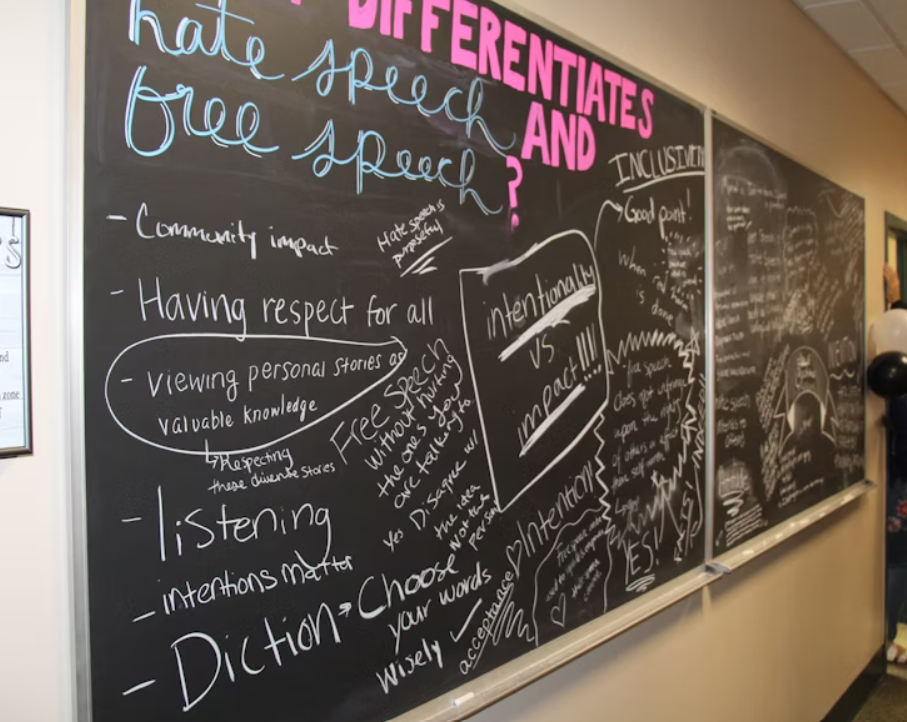In recent years four-year colleges and universities have sought to lower the barriers to entry for community college students, an increasingly important demographic for higher education institutions. Over 40% of undergraduates are enrolled in the nearly 1,500 community colleges across the country. Data from the Department of Education shows that while 80% of community college students intend to work toward attaining a bachelor’s degree, only 13% of these students do so within eight years.
Most community college transfer efforts focus on students moving from community colleges to public four-year institutions. But this emphasis often leaves students unable or less able to take advantage of the benefits that independent colleges offer. These benefits include a curriculum centered in the liberal arts, smaller class sizes that allow for more faculty engagement and mentoring, and course and program offerings that public institutions do not provide.
The primary obstacle students face when transferring to independent colleges is the dizzying array and variety of curricular requirements at these institutions. When course credits do not transfer or fail to satisfy graduation requirements, students must take many additional courses, often at the cost of significant additional time and money. Recent data shows that the community college students who succeed in transferring to a four-year school lose, on average, 43% of their earned credits which equates to an entire semester’s worth of college credits and costs that can exceed $34,000. This often makes independent colleges a much less attractive option.
To address this challenge, more and more institutions are approving agreements with community colleges to waive general education requirements for those who have earned the associate’s degree, and to provide “major pathways” that allow transfer students to complete a bachelor’s degree in two years. But even when these accommodations are provided, students often find it difficult to wade through the different course options, major requirements, and other variables.
To address this challenge, the North Carolina Independent Colleges and Universities (NCICU) are leveraging advanced internet technology to create an online portal that streamlines the credit transfer process, creating clearer and more efficient pathways for community college students to earn a bachelor’s degree. The statewide portal is part of a national push to improve transfer credit mobility in higher education. The North Carolina initiative serves as a model for other states and regions, demonstrating how an online portal can enhance graduation rates and foster a more equitable higher education system.
The portal represents the latest phase of a multi-year investment by AVDF and Teagle Foundation to support transfer pathways to independent colleges. The project supports efforts by independent colleges and universities to make community college transfer easier and more attainable.
The new online resource, powered by the education technology company Acadeum, will allow students, academic advisors, and admissions staff to easily navigate the transfer process by consolidating data from nearly 100 higher education institutions in North Carolina into a user-friendly database. The portal aims to eliminate the cumbersome task of manually researching each college’s credit transfer policies. The portal will help mitigate credit loss; a common issue students encounter when transferring from a community college to a four-year institution.
The transfer portal addresses this issue by enabling community college students to easily track their progress in light of the four-year college graduation requirements. Moreover, the online resource allows community college students who transfer early to retroactively earn an associate degree from their community college once they complete the required coursework at their four-year institution.
More students than not transfer before completing their associate degree which reflects negatively on the graduation rates for those community colleges.
“It certainly helps the graduation rates of the two-year college [to allow students to earn the associate’s degree retroactively], but it’s also a great incentive for that student to feel that they’re halfway there and know that they can finish their baccalaureate degree,” said Hope Williams, president of North Carolina’s four-year system, in a University Business feature.
Other benefits of the portal include allowing students to find equivalent courses at other institutions if they can’t enroll in a course at their current school and aiming to re-engage adult learners who previously stopped pursuing their degree.
In addition to Teagle and AVDF, the $1.3 million project is supported by the ECMC Foundation, the Bill and Melinda Gates Foundation, and the Belk Foundation. The Lumina Foundation has also provided funding to NCICU to cover their administrative costs for the project.
The transfer tool should be available for student use by the end of the 2024-2025 academic year for students to begin the transfer process as early as 2025.
To read the full feature published in University Business, click here.
Back to all Stories


